The flow of bile through the body is reduced.
This decrease in bile flow leads to a buildup of bile in the liver and blood, causing an increase in bile acids throughout the body.
When bile flow from the liver is reduced, it causes liver damage.
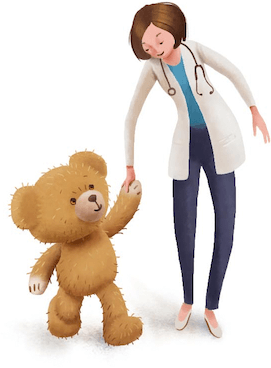
After an Alagille syndrome diagnosis, there are many doctors to call and appointments to manage. That's why clear communication between you and your doctor is key. As a caregiver or person living with Alagille syndrome, you know yourself or your child best—which means an important source of information for your doctor is you. So, the more details you share and questions you ask, the better your doctor can understand your or your child's unique needs.
Discussion guides are useful tools that can help you more clearly explain how Alagille syndrome is impacting your life or your child's life. They can also help you better prepare for your or your child's next appointment.
Alagille syndrome is a rare, multisystem disease that can affect the liver, heart, face, eyes, kidneys, and spine. Symptoms of Alagille syndrome are typically experienced in early childhood.
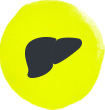



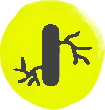
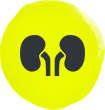

The most challenging symptom is often an unbearable itch, also known as cholestatic pruritus.

This fun, educational activity book can help explain what it means to have Alagille syndrome.
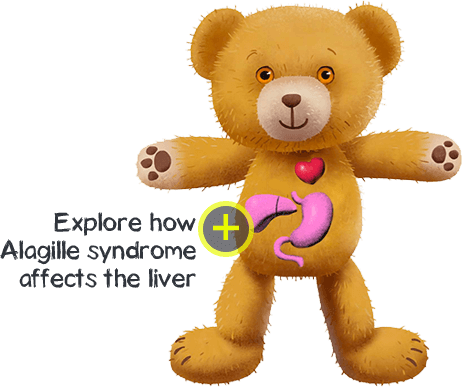
Alagille syndrome is a genetic, multisystem disease that can affect different parts of the body, including the liver. The liver makes a fat-digesting fluid called bile. Bile flows from the liver to the gallbladder and small intestine through a network of tubes called bile ducts.
For people who have Alagille syndrome, bile does not properly drain from the liver because the bile ducts are too small, they are formed improperly, and/or there are fewer than normal. This means that bile and bile acids have a hard time getting out of the liver. When bile acids build up in the liver, it can cause damage and prevent the liver from working properly to remove wastes from the bloodstream. This causes an increase in bile acids throughout the entire body.
Bile buildup can cause many problems in people with Alagille syndrome, but the most troublesome is often severe itch.


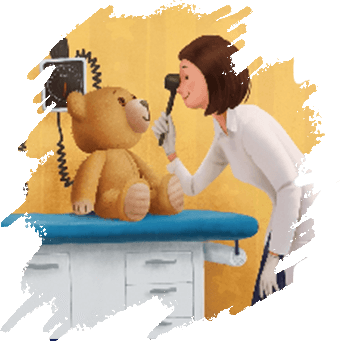
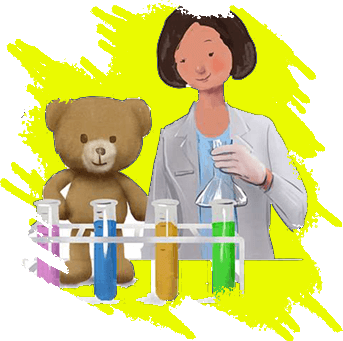
Alagille syndrome can often be difficult to diagnose because it has signs and symptoms similar to those of other liver diseases, such as biliary atresia. There are several ways to diagnose Alagille syndrome, such as liver function tests, heart evaluations, eye exams, ultrasounds, and genetic testing.
Alagille syndrome can develop by chance with no history of the disease in the family. However, in up to 50% of cases, the disease is passed down from a parent.
To receive no-cost genetic testing for 50+ genes associated with cholestasis, ask your doctor to order a test kit through Travere Therapeutics.
Genetic testing is a useful tool for confirming a diagnosis of Alagille syndrome. Doctors will look for a change or loss that commonly occurs in one of these 2 genes—JAG1 and NOTCH2. Sometimes, the change occurs in a different gene that cannot be identified. Changes in either the JAG1 or NOTCH2 gene can affect the heart, spine, certain facial features, and bile ducts in the liver.
Beyond diagnosing Alagille syndrome, genetic testing can help your doctor understand what types of treatment might be necessary.
Treatment for Alagille syndrome can differ from one person to another for many reasons, such as age, overall health, treatment preferences, and more.
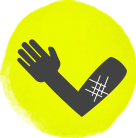


Doctors often prescribe medicines to help address these symptoms. Your doctor may also recommend monitoring Alagille syndrome with bloodwork to check liver function, bile, cholesterol, and vitamin levels. If the symptoms can’t be properly managed another way, your doctor may recommend surgery or a liver transplant.
Currently, there is a medication approved for one of the most troublesome symptoms in Alagille syndrome—itch.

Promising research continues for medicines that treat the underlying cause of liver-related problems in Alagille syndrome. There is currently an FDA-approved treatment to help manage the itch associated with Alagille syndrome.


Living with Alagille syndrome can feel isolating, but you and/or your child are not alone.
Every person and family living with Alagille syndrome can benefit from a reliable support system. Having people to talk to can help with your overall emotional health and well-being. This Support System Discussion Guide can help you talk to the people around you about Alagille syndrome and how it impacts your family.
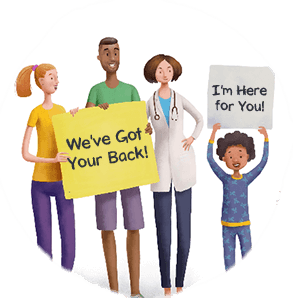
Learn about groups that are supporting the Alagille syndrome community by putting patients first, spreading awareness, and advancing research about Alagille syndrome.
The Alagille Syndrome Alliance (ALGSA) is a non-profit organization with the sole purpose of making living a life with Alagille syndrome easier. Discover resources, updates on Alagille syndrome research, clinical trials, free materials, and phone support. You’re not alone in this journey.
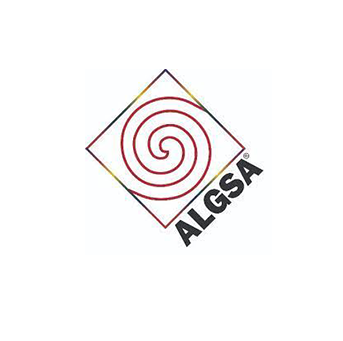

Yellow Alert is the Children’s Liver Disease Foundation’s awareness campaign promoting the early identification of liver disease in infants and their referral.
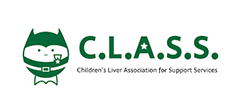
Children’s Liver Association for Support Services (CLASS) is an all-volunteer group helping children affected with liver disease by addressing the emotional, educational, and financial needs of families.

HealthWell Foundation reduces financial barriers for underinsured patients with chronic or life-altering diseases by covering the cost of copays, premiums, deductibles, and other out-of-pocket expenses.
Mirum Pharmaceuticals is dedicated to supporting patients and families living with Alagille syndrome. In support of this commitment, Mirum is providing resources and conducting research to help children make the most of their childhoods.


From discussion guides to symptom tracking tools, there are resources designed to help you and your loved ones, all in one place.
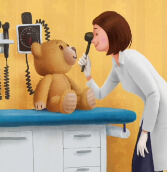
It’s important for your doctor to understand the impact that Alagille syndrome symptoms have on you or your child. Use this guide to learn how to better track symptoms, share your experience with your doctor, and ask questions at your next visit.

Set your sights on greater itch relief with steps on how to track and assess the most bothersome symptom of Alagille syndrome. Using this guide can also help your doctor understand the impact of the itch and consider the next steps in your treatment plan.

Get tips and advice on talking to the most important people in your life about Alagille syndrome and learn how they can help.
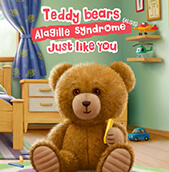
Read Teddy’s story, complete activities, and enjoy this fun, educational children’s book about Alagille syndrome.
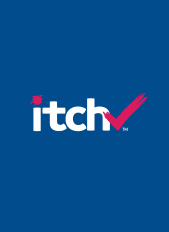
Itch✓ is an app that makes it simple to keep a reliable record of symptoms, allowing your doctor to spot any changes or areas of concern. You can download this powerful symptom-logging tool on your phone.
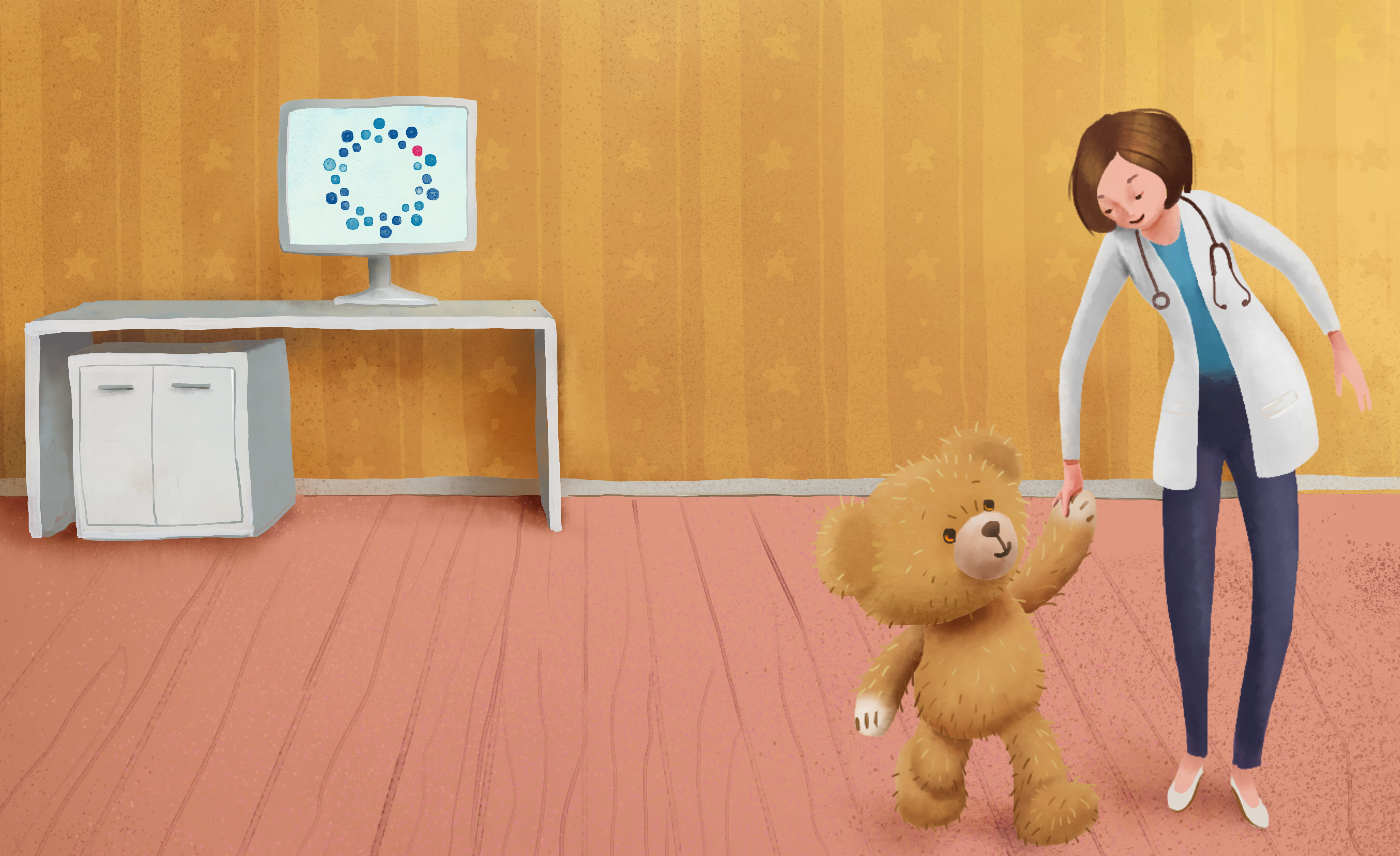
When it comes to caring for someone with Alagille syndrome, there's a lot to manage. Use this helpful checklist to make sure nothing is missed during appointments.
Apple®, iPhone®, App Store®, and the Apple Logo are trademarks of Apple Inc.